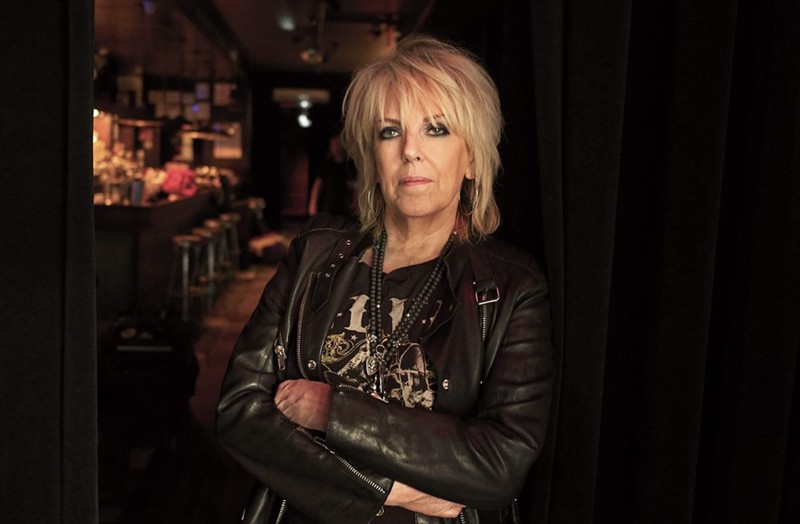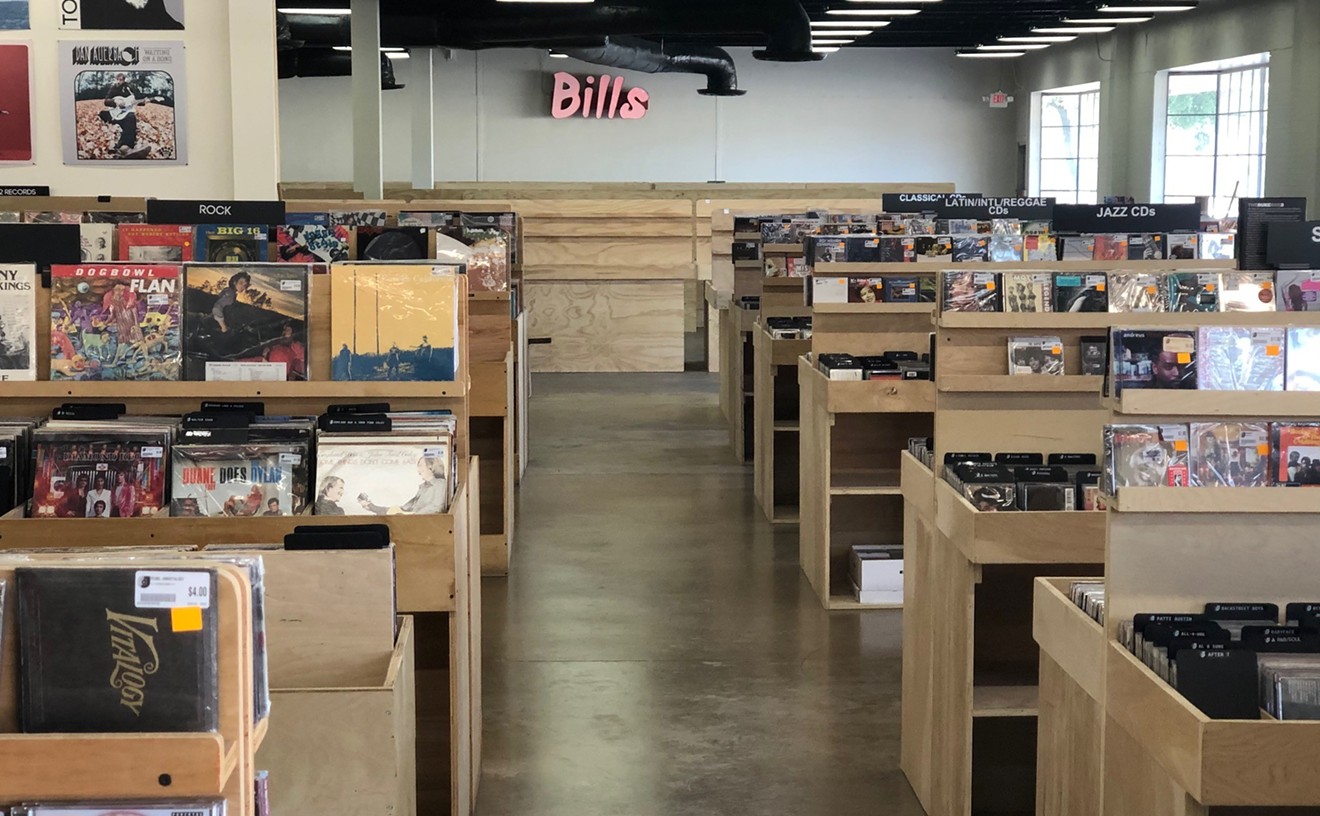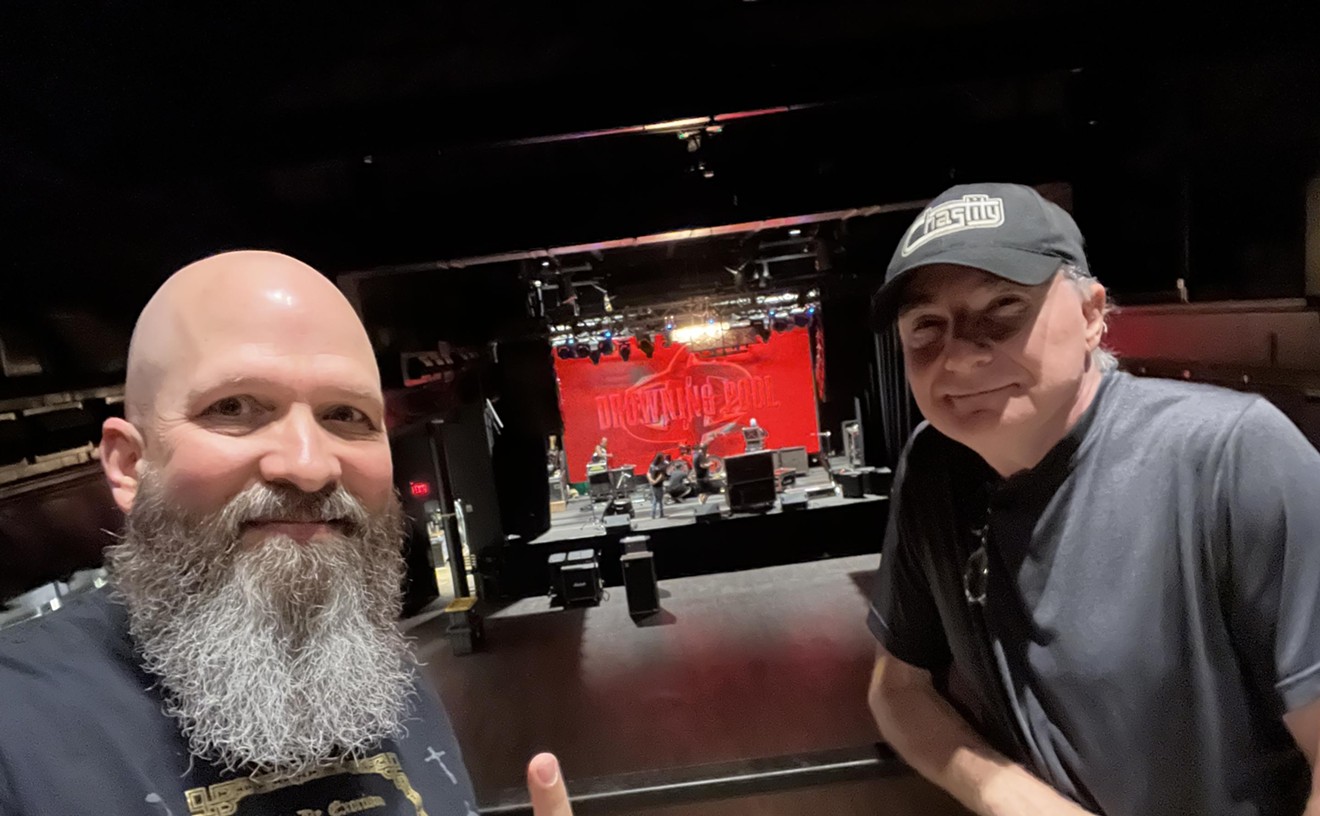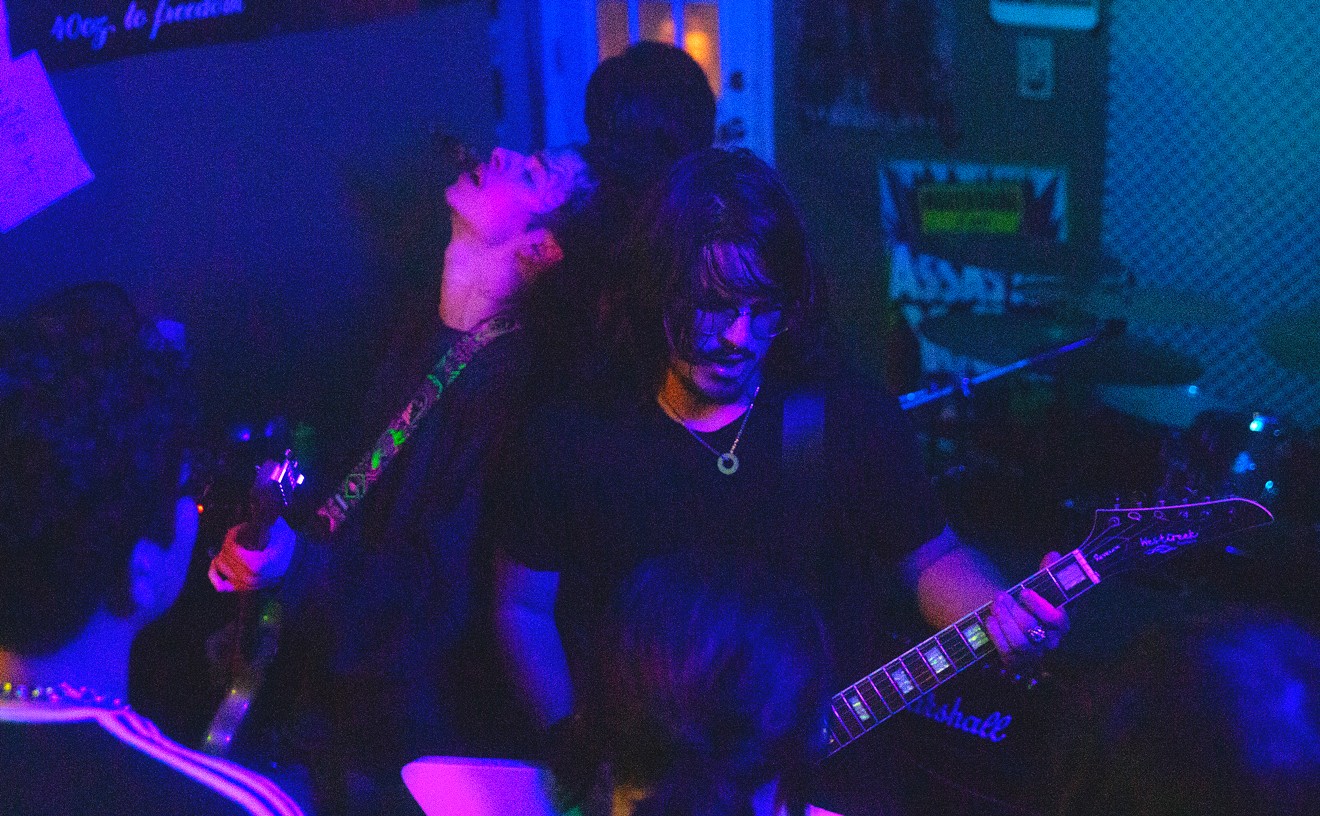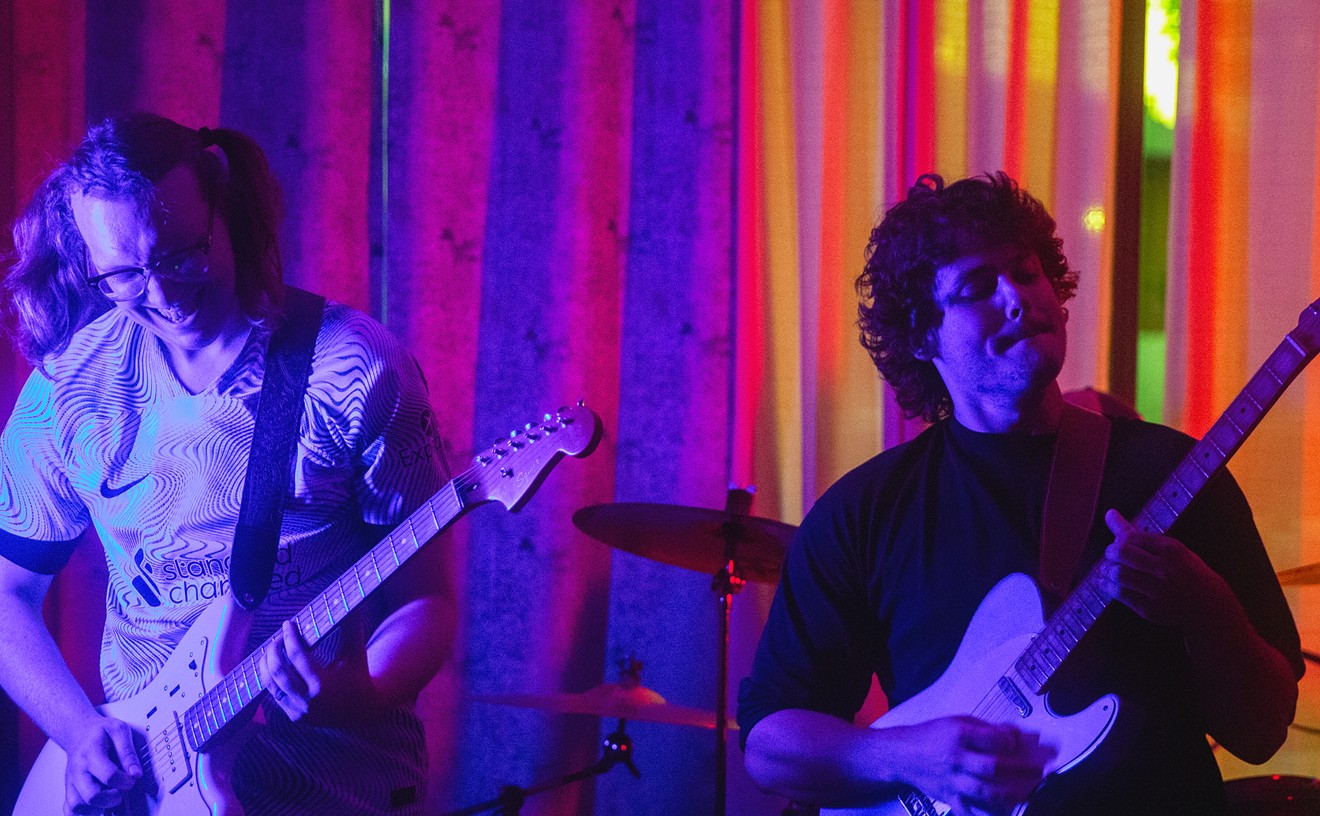Lucinda Williams didn’t have to think twice about returning to her nitty-gritty Southern roots in making Good Souls Better Angels, the 13th studio album in a prolific Do-It-All-American career that dates to the 1970s.
Though she moved to Los Angeles for the first time in 1984, Nashville keeps finding a way to lure her back.
The Louisiana-born child of a poet/literature professor learned to develop a literary flair after moving from Arkansas to launch her career in Texas, then made inroads elsewhere as a multifaceted performer of folk, blues, alt-country, gospel, rock and soul.
Following a reunion with a trusty collaborator at his Berry Hill-filled studio of vintage guitars and amplifiers, she decided to make the Music City her home away from home again after living there in the '90s. Like residents in other U.S. cities have realized, though, her country hasn’t changed for the better.
On the day after Easter, Williams is doing a phone interview from “a little place on the east side of Nashville” that she and her husband/manager Tom Overby bought just before experiencing the double-whammy of a tornado (damaging their roof and fences) and the global pandemic. While the couple are quarantined with tour manager Travis Stephens, who stays in the apartment the previous owners built above the garage, they like to lighten the mood while relying on meal deliveries from UberEats and Postmates.
Sharing her recent comment to Overby, the man she married in 2009, Williams kiddingly asks: “What’s gonna be next — locusts?”
Yet she is dead serious when discussing Good Souls Better Angels, describing the dark world she was writing about even before COVID-19 struck as being like “the apocalypse."
You’re a man without shame / Without dignity and grace / No way to save face / You’re a man without a soul
Though the Grand Mama of Americana already has been taken to task with “hateful comments” on Facebook by supporters of President Donald Trump for writing “Man Without a Soul,” Williams reveals that she was working on other Good Souls songs like “Bone of Contention” and “Big Rotator,” along with “Soldier’s Song” from 2011’s Blessed, before he was elected.
Referencing “9/11 and [George W.] Bush and problems with the industrial military complex,” Williams maintains she was motivated years ago to focus on other song subjects besides unrequited love.
“I’ve always wanted to be able to write more in the vein of what they used to refer to as a topical song in the way that Bob Dylan did in the ’60s, when he wrote songs like ‘Masters of War,’ ‘With God on Our Side’ and great songs like that, ‘A Hard Rain’s A-Gonna Fall,’” says Williams, who grew up in a creative setting inhabited by poets like her father. “... I saw how in the world of poetry, they write about anything and everything, from a cat sleeping on the window sill to a wreck on the highway. And nothing is censored in that world.”
The same could be said of Good Souls Better Angels. Not pulling any punches in her powerful and politically charged nut-cruncher to be released Friday, she says in that unmistakable Sweet Lu drawl: “As the artist whose album it is, I always like to think whatever I’ve just recorded is, you know, the best.”
That pronouncement may raise eyebrows for some followers familiar with 1998’s landmark Car Wheels on a Gravel Road, her Grammy-winning album, or recent back-to-back double discs — 2014’s 20-track Down Where the Spirit Meets the Bone and 2016’s The Ghosts of Highway 20.
Coming a long way since releasing her first collection of original songs, Happy Woman Blues, in Houston 40 years ago, this latest album could easily be called Angry Woman Blues, a 12-song master classic that will command your attention lyrically and rhythmically.
During an hourlong interview, Williams shares some backstory details to help show how she got from there to here.
Compared with some of her other recordings, “This is just a completely different kind of album. It’s an album I’ve wanted to make. It’s the album I’ve wanted to make,” states Williams, who didn’t plan it that way while working between tours on new songs and revisiting older, unfinished ones as early as 2018 from a Loews Hotel suite in Nashville with Overby, a co-writer on nine tracks.
“Now I’ve made a habit of having more songs than I need. So we go there and we record a bunch of stuff and then decide,” adds Williams, who rejected the notion of repeating her double-album efforts despite having more than enough material. “It starts making sense once you get in there and start recording. … It becomes obvious which ones work the best together.”
Helping deliver the knockout blow sonically for Williams was Nashville producer-engineer Ray Kennedy, who relocated his Room & Board Studio in 2008, 10 years after they collaborated on Car Wheels on a Gravel Road.
Nashville also became more of a home base again for Williams, who is renting her L.A.-area house to friends after deciding to be closer to family and business. The central location, she believes, is better suited to working with proven authorities like Kennedy, who shared co-producing duties on the new album with Williams and Overby.
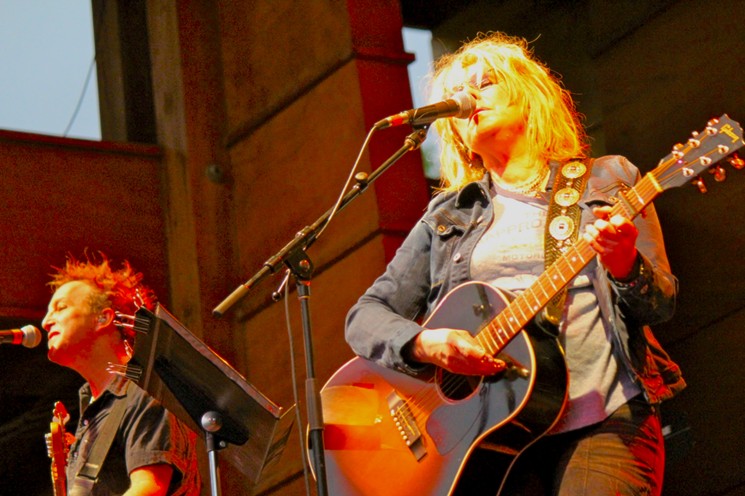
Appearing at the 2016 Rocky Mountain Folks Festival in Lyons, Colorado, Lucinda Williams performs with bassist David Sutton.
Michael Bialas
“At that point, I had a handful of songs ready to go,” Williams remembers. “And we went in and cut a couple of things, and we were all just looking at each other like, ‘Wow, this sounds amazing.’ It just had this crunchy, cool sound to it.”
Seeing the available instrumental artillery got her excited, too.
“I didn’t even have to worry about bringing in my own guitars,” Williams offers. “It’s like being in a candy store or something with all these guitars and amps. I’d be playing to a 1950s guitar and going into this vintage amplifier.
“So right off the bat, this kind of sound would come out. And then it seemed like Ray … picked up on the vibe of the songs and just got this really great sound. … It’s got this real stripped-down vibe 'cause it’s just the band.”
Kennedy did bring in Mark T. Jordan to play organ on “Big Black Train” and “Shadows & Doubts,” and Mathis provided some guitar overdubs, but harmonies supplied by background vocalists on previous albums were deemed unnecessary.
With recording completed in November, “Everybody said, ‘I don’t know. It sounds really good the way it is,’” Williams acknowledges with a laugh.
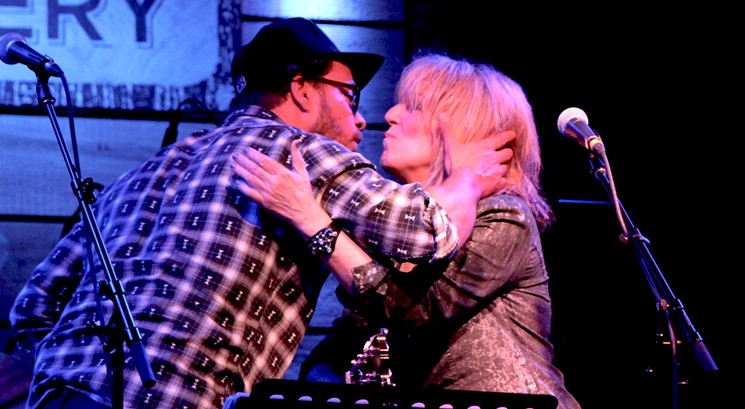
Lucinda Williams shows a little love for guest artist Amos Lee during a 2014 AmericanaFest show in Nashville.
Michael Bialas
Williams eventually looks back to her start in Austin, as a 21-year-old trying to make a living in 1974, collecting tips in a guitar case while playing near a small flea market just off Guadalupe Street.
“I was wearing a long skirt and sandals," she remembers. "I was still the same person, but I wasn’t artistically on the level that I am now. … I was pretty independent. I guess pretty fearless.”
Williams not-so-fondly recalls attempting to get onstage at the Hole in the Wall, a club that opened in 1974 where Texas legends like Townes Van Zandt and Blaze Foley used to hang out.
“So the guy running it had promised me a gig one month,” Williams says. “And then I was walking by the club one day and I saw the [performance] calendar. It was all filled up. I approached him after that and confronted him, [saying], ‘I thought you said I was gonna be able to play this month.’ And he said, ‘Well, I figured I already had enough chick singers [booked].’”
While that chauvinist attitude might have forced many aspiring singer-songwriters to give up, Williams persisted by first moving to Houston, where “there was this little songwriting scene building,” connecting with artists like Nanci Griffith, Eric Taylor, Richard Dobson and Lyle Lovett, who "was driving into town from College Station.”
She also was thrilled to see Lightnin’ Hopkins play in Houston in the ’70s, and paid tribute at his memorial service in 1982, recalling “a wreath in the shape of a guitar.”“What’s gonna be next — locusts?” – Lucinda Williams
tweet this
Mickey White (guitar) and Rex Bell (bass), two musicians who once worked with Hopkins and Van Zandt, then backed up Williams, playing on her 1980 album, Happy Woman Blues, recorded at Sugar Hill Studios in Houston. That followed 1979’s Ramblin’, her debut album featuring chestnuts written by old-timey country and blues artists, and recorded in Jackson, Mississippi.
Returning to Austin in 1981, she came to appreciate musicians like Butch Hancock, Jimmie Dale Gilmore, Joe Ely and Foley, the “roustabout” songwriter Williams first saw in Houston. Once calling him “a genius and a beautiful loser,” Foley became the subject of her Car Wheels song “Drunken Angel.”
“He used to fall asleep on pool tables or sleep on pool tables overnight,” Williams said of Foley during a Denver-area concert I covered several years ago. “Blaze was a real big follower of Townes Van Zandt. Townes was kind of his hero. He tried to keep up with Townes, which of course no one could do. Now they’re both gone. [‘Drunken Angel’] could be about Townes as well.”
When it was time to leave Austin for Los Angeles in 1984, Williams remembers a local music journalist friend telling her, “You’re gonna end up having to come back to Texas because out in California, they put sour cream on all the Mexican food.”
Others were actually cruel, saying, “You’re gonna hate it out there. You’re gonna come back to Texas with your tail between your legs.”
She replied, “No, I’m not! Just watch me.”
Williams soon found California — and sometimes a dollop of sour cream — to her liking, but her healthy appetite for living and speaking the truth might once again feel just as real back in Nashville.

